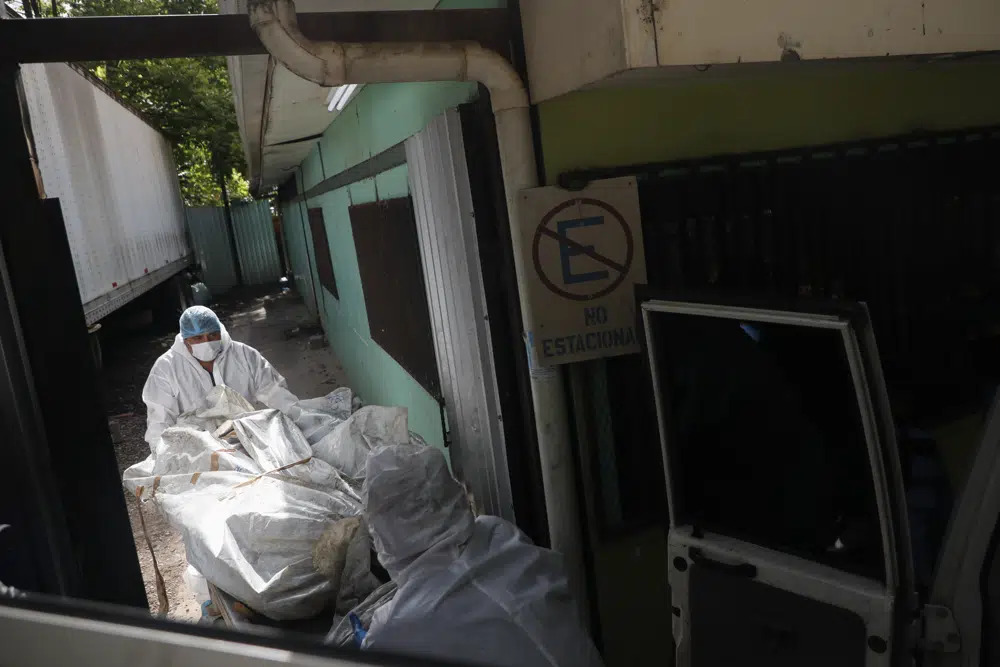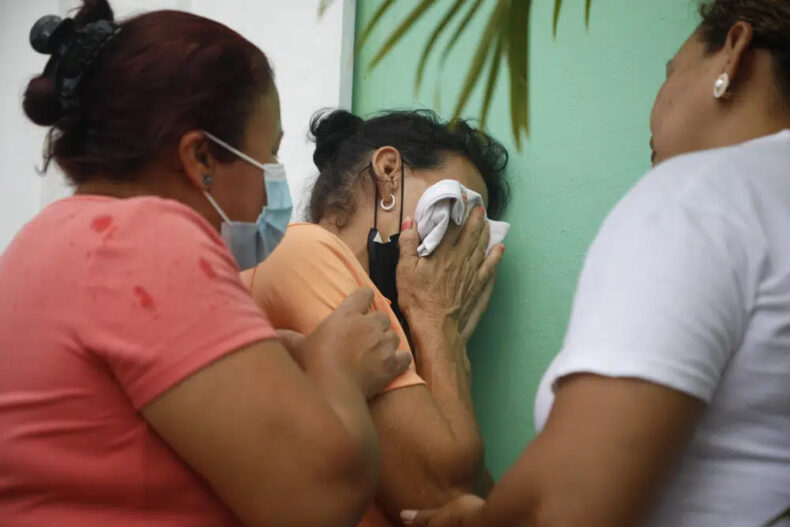A horrific incident took place at a women’s prison in Tamara, Honduras, where a violent clash between rival gangs resulted in the death of 46 inmates. The brutal attack involved the use of firearms, machetes, and arson, leaving the prison authorities and the nation in shock. The tragic event highlights the ongoing challenges of gang violence and security lapses within the country’s prison system.
The Worst Atrocity in Recent Memory
A riot at the women’s prison in Tamara, Honduras, turned into the worst atrocity at a women’s prison in recent memory. The brutal attack left at least 46 inmates dead, with most of the victims burned to death. Honduran President Xiomara Castro denounced the incident as “monstrous” and vowed to take decisive action.

Threats and Gang Intimidation
Prior to the violent clash, inmates at the prison including members of the rival Mara Salvatrucha (MS-13) had been living under constant threats from members of the notorious Barrio 18 gang. Chillingly, the gang members managed to arm themselves with prohibited weapons, overpower the guards, and carry out the attack. The extent of their violence was evident as they even brought locks to seal their victims inside cells, intending to burn them alive.
Questions Surrounding Security Lapses
Authorities expressed concern over the ability of the Barrio 18 gang to obtain firearms and machetes within the prison. Initial reports suggested that the doors to the rival gang’s cell block had been left open, facilitating the attack. President Castro took action by dismissing the Security Minister and replacing him with a new head of the National Police. Investigations are underway to determine any possible human failures or complicity within the prison staff.
Smuggling of Prohibited Weapons
The discovery of a significant amount of weaponry within the prison after the riot sheds light on the persistent problem of smuggling. Among the confiscated weapons were pistols, an assault rifle, machine pistols, and grenades, all of which were smuggled into the prison. The incident highlights the urgent need to prevent the smuggling of drugs, weapons, and other contraband into the prison system.
Gangs’ Control and State of Emergency
Gangs have established a powerful presence within Honduras’ prisons, allowing them to exercise control, set their own rules, and engage in illicit activities. The government’s recent crackdown on corruption and gang influence within prisons may have provoked the violent clash. In response to the incident, President Castro declared a state of emergency, expanding the state’s authority to combat organized crime.
The tragic incident at the women’s prison in Honduras has shocked the nation and brought attention to the ongoing challenges of gang violence and security shortcomings within the prison system. The authorities’ swift response, including the dismissal of the Security Minister and the declaration of a state of emergency, reflects the determination to address these issues. However, further efforts are needed to strengthen security measures, prevent the smuggling of weapons, and ensure the safety of inmates within the country’s prisons.













